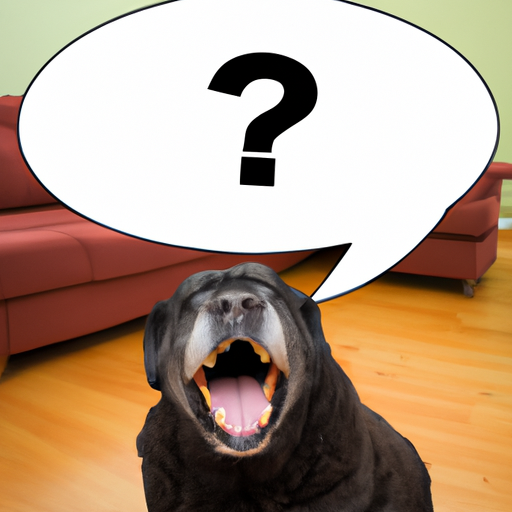1. Understanding Your Aging Canine Companion
As a caregiver, you’re probably familiar with the various changes your dog has undergone as they’ve aged. One aspect you might have noticed is the increased panting. You’re surely wondering, “Why does my old dog pant so much?” This behavior, while common, can be a symptom of several conditions. It’s important to remember that, like humans, dogs also experience changes in body function as they age.
2. Common Causes of Panting in Old Dogs
Here’s a list of common reasons your old dog might be panting:
- Heat: Dogs pant to cool down. As they get older, they may have a harder time regulating their body temperature, leading to more panting.
- Exercise: Even a little exercise can cause an older dog to pant. Their bodies aren’t as efficient as they used to be.
- Pain or Discomfort: Panting can be a sign your dog is in pain. It can be due to arthritis, which is common in older dogs.
- Disease: Certain diseases, like heart problems or respiratory disorders, can cause excessive panting.
| Cause | Description |
|---|---|
| Heat | Dogs pant to cool down. Older dogs may struggle with body temperature regulation. |
| Exercise | Even minimal exercise can lead to panting in old dogs. |
| Pain or Discomfort | Panting may signal that your dog is in pain. Arthritis is a common cause. |
| Disease | Diseases such as heart problems or respiratory disorders can result in excessive panting. |
3. When to Seek Veterinary Advice
It’s always wise to consult a vet if you notice dramatic or sudden changes in your dog’s behavior, including panting. Remember, you know your dog better than anyone else. If their panting seems excessive or different from their norm, it’s better to err on the side of caution. After all, panting can be the first sign of serious conditions like heart failure or Cushing’s disease.
4. How to Help Your Panting Dog
There are several steps you can take to help your panting dog:
- Ensure they have a cool, comfortable place to rest.
- Limit their physical activity, especially during the hotter parts of the day.
- Keep them hydrated.
- If your vet has prescribed any medications, make sure they’re taking them as directed.
5. Frequently Asked Questions
Q: Is panting normal in old dogs?
A: Yes, but excessive panting or changes in panting patterns should be checked by a vet.
Q: Can anxiety cause panting in older dogs?
A: Yes, anxiety can lead to panting. If your dog seems overly anxious or stressed, it’s worth discussing with your vet.
Q: Should I be worried if my old dog is panting at night?
A: Night-time panting can be a cause for concern, especially if it’s a new behavior. Seek advice from your vet to rule out any serious health issues.
Q: Can diet affect my old dog’s panting?
A: Yes, a diet high in carbohydrates can cause panting. Consult with your vet about the best diet for your older dog.
Remember, as your dog’s caregiver, you play a crucial role in their golden years. Understanding why your old dog is panting will not just improve their comfort, but also enhance the time you have left together.



